Home>Technology>Home Entertainment Systems>Which Is Better: Black Or White Projector Screen
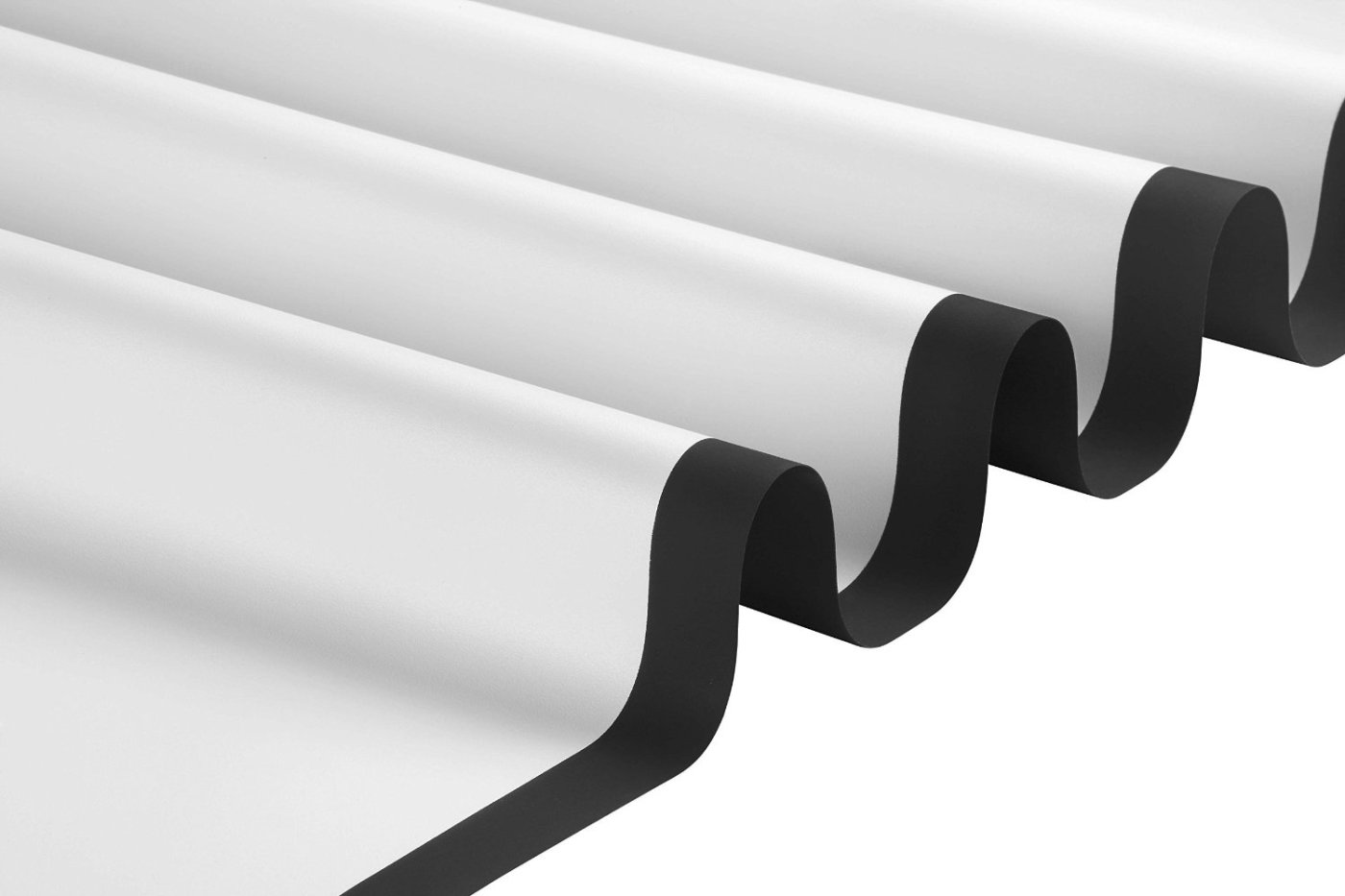

Home Entertainment Systems
Which Is Better: Black Or White Projector Screen
Modified: October 21, 2024
Looking for the best home entertainment system? Discover whether a black or white projector screen is better for your setup. Find the perfect solution for your viewing experience.
(Many of the links in this article redirect to a specific reviewed product. Your purchase of these products through affiliate links helps to generate commission for Storables.com, at no extra cost. Learn more)
Introduction
Read more: Which Is Better: Projector Or TV
Introduction
When it comes to creating the ultimate home entertainment experience, the choice of a projector screen plays a pivotal role. The decision between a black or white projector screen can significantly impact the viewing experience, as each option offers unique advantages and considerations. In this comprehensive guide, we will delve into the nuances of black and white projector screens, exploring their differences in image quality, suitability in varying ambient light conditions, maintenance requirements, durability, and cost comparison. By the end of this exploration, you will be equipped with the knowledge to make an informed decision that aligns with your home entertainment needs and preferences. Let's embark on this illuminating journey to unravel the mysteries of black and white projector screens.
Key Takeaways:
- Choose a white projector screen for vibrant colors in controlled lighting, and a black screen for enhanced contrast in varying ambient light conditions. Consider maintenance, durability, and cost for a personalized decision.
- Assess your viewing environment and visual preferences to decide between a white or black projector screen. White screens offer affordability and easy maintenance, while black screens excel in contrast and adaptability.
Differences in Image Quality
When it comes to image quality, the choice between a black and white projector screen can significantly impact the viewing experience. A white projector screen is renowned for its ability to reflect light uniformly, resulting in bright and vibrant images. This makes it an ideal choice for spaces with controlled lighting, such as dedicated home theaters. The uniform reflection of light ensures that colors appear vivid and true to life, enhancing the overall visual experience.
On the other hand, a black projector screen is designed to enhance contrast and black levels. By absorbing ambient light and preventing it from reflecting back, black screens create deeper blacks and improved contrast, resulting in a more dynamic and immersive viewing experience, especially in dark or dimly lit environments. This makes black projector screens well-suited for rooms where controlling ambient light is a challenge.
It’s important to consider the characteristics of your viewing environment and the desired visual impact when choosing between black and white projector screens. If you prioritize vibrant colors and a bright, lively image, a white projector screen may be the preferred choice. Conversely, if you seek enhanced contrast and deeper blacks for a cinematic experience, a black projector screen could be the ideal option.
Ultimately, the decision hinges on your specific preferences and the ambiance of your viewing space, as both black and white projector screens offer distinct advantages in shaping the image quality to cater to different viewing experiences.
Ambient Light Considerations
When evaluating the suitability of black and white projector screens, ambient light considerations play a crucial role in determining the optimal choice for your home entertainment setup. White projector screens are well-suited for environments where ambient light can be effectively controlled. The reflective nature of white screens ensures that they can maintain image brightness and color accuracy in darker settings, making them an excellent choice for dedicated home theaters or rooms with minimal ambient light.
Conversely, black projector screens are designed to mitigate the impact of ambient light, making them a compelling option for spaces with varying lighting conditions. By absorbing ambient light and minimizing reflections, black screens excel in preserving contrast and black levels, thereby delivering a captivating viewing experience in environments with moderate to high ambient light levels. This makes black projector screens an ideal choice for multipurpose rooms or living spaces where controlling ambient light may present challenges.
It’s essential to assess the ambient light dynamics of your viewing space to determine the most suitable projector screen option. If your entertainment area is dedicated to immersive cinematic experiences with controlled lighting, a white projector screen may align seamlessly with your needs. Conversely, if your viewing space accommodates diverse lighting conditions and requires a screen that can adapt to varying levels of ambient light, a black projector screen may offer the versatility and visual performance you seek.
By considering the ambient light dynamics in your home entertainment environment, you can make an informed decision regarding the choice between black and white projector screens, ensuring that your viewing experience is optimized to suit the unique lighting conditions of your space.
Maintenance and Durability
When it comes to maintenance and durability, the choice between black and white projector screens warrants careful consideration to ensure long-term satisfaction with your home entertainment investment. White projector screens are generally easier to maintain, as any accumulated dust or dirt is less conspicuous on the bright surface. Regular cleaning with a soft, microfiber cloth can effectively remove debris and maintain the screen’s pristine appearance. Additionally, white screens are often more resistant to visible creases or wrinkles, contributing to their long-term durability.
On the other hand, black projector screens may require more diligent maintenance, as dust and dirt can be more noticeable on the darker surface. However, advancements in screen materials and coatings have enhanced the resilience of black screens, making them more resistant to visible imperfections and easier to maintain than earlier iterations. Routine care, such as gentle cleaning with a soft cloth, can help preserve the screen’s visual appeal and longevity.
When considering durability, it’s important to assess the construction and materials of the projector screen. Both black and white screens are available in various materials, each with its own durability characteristics. Factors such as tear resistance, anti-wrinkle properties, and overall build quality contribute to the longevity of the screen.
Ultimately, the maintenance and durability of your chosen projector screen should align with your lifestyle and maintenance preferences. Whether you opt for a white or black projector screen, regular care and proper storage when not in use can significantly extend its lifespan and ensure consistent viewing quality over time.
Consider the lighting in your viewing area. A white screen is better for rooms with controlled lighting, while a black screen is better for rooms with ambient light. Choose based on your specific viewing environment.
Read more: Which Is The Best Screen For A Projector?
Cost Comparison
When evaluating the cost considerations associated with black and white projector screens, several factors come into play, influencing the initial investment and long-term value of each option. White projector screens are widely available and often come in a range of price points, catering to various budgetary constraints. The accessibility and affordability of white screens make them an attractive option for those seeking a cost-effective yet high-quality projection surface.
Conversely, black projector screens, particularly those designed to enhance contrast and mitigate ambient light, may command a higher initial investment due to their specialized characteristics and advanced light-absorbing properties. While the upfront cost of black screens may be higher, their ability to deliver enhanced contrast and immersive viewing experiences in diverse lighting conditions can contribute to their long-term value, especially for enthusiasts seeking a cinematic atmosphere in their home entertainment setup.
It’s important to consider the overall value and performance benefits when comparing the cost of black and white projector screens. While white screens may offer an economical entry point into home projection, black screens can provide a compelling return on investment by delivering captivating visuals and adaptability to varying ambient light conditions.
Additionally, factors such as screen size, material quality, and brand reputation can influence the cost differentials between black and white projector screens. It’s advisable to explore a range of options within your budget and consider the specific visual and environmental requirements of your home entertainment space to make an informed decision that balances cost considerations with long-term viewing satisfaction.
Conclusion
Choosing between a black and white projector screen is a decision that hinges on a multitude of factors, each contributing to the overall viewing experience and long-term satisfaction with your home entertainment setup. The differences in image quality, ambient light considerations, maintenance and durability, and cost comparisons provide valuable insights into the nuanced characteristics of both screen options.
When making this decision, it’s essential to assess the specific requirements of your viewing environment and the visual impact you seek to achieve. If you prioritize vibrant colors and a bright, lively image with controlled lighting, a white projector screen may align seamlessly with your needs, offering uniform light reflection and vivid imagery. On the other hand, if you desire enhanced contrast and deeper blacks for a cinematic experience in varying ambient light conditions, a black projector screen may be the ideal choice, excelling in mitigating the impact of ambient light and preserving visual fidelity.
Maintenance and durability considerations, along with the cost differential, further shape the decision-making process. While white screens are generally easier to maintain and come in a range of affordable options, black screens may command a higher initial investment but offer long-term value through their enhanced contrast and adaptability to diverse lighting conditions.
Ultimately, the choice between a black and white projector screen is a highly personalized decision, influenced by the unique characteristics of your home entertainment space, your visual preferences, and your budgetary considerations. By carefully weighing the factors discussed in this guide, you can make an informed decision that aligns with your viewing aspirations, ensuring that your home entertainment system delivers captivating and immersive experiences tailored to your preferences.
Whether you opt for the vibrant brilliance of a white projector screen or the captivating contrast of a black screen, your choice will undoubtedly contribute to the creation of unforgettable cinematic moments within the comfort of your own home.
Frequently Asked Questions about Which Is Better: Black Or White Projector Screen
Was this page helpful?
At Storables.com, we guarantee accurate and reliable information. Our content, validated by Expert Board Contributors, is crafted following stringent Editorial Policies. We're committed to providing you with well-researched, expert-backed insights for all your informational needs.
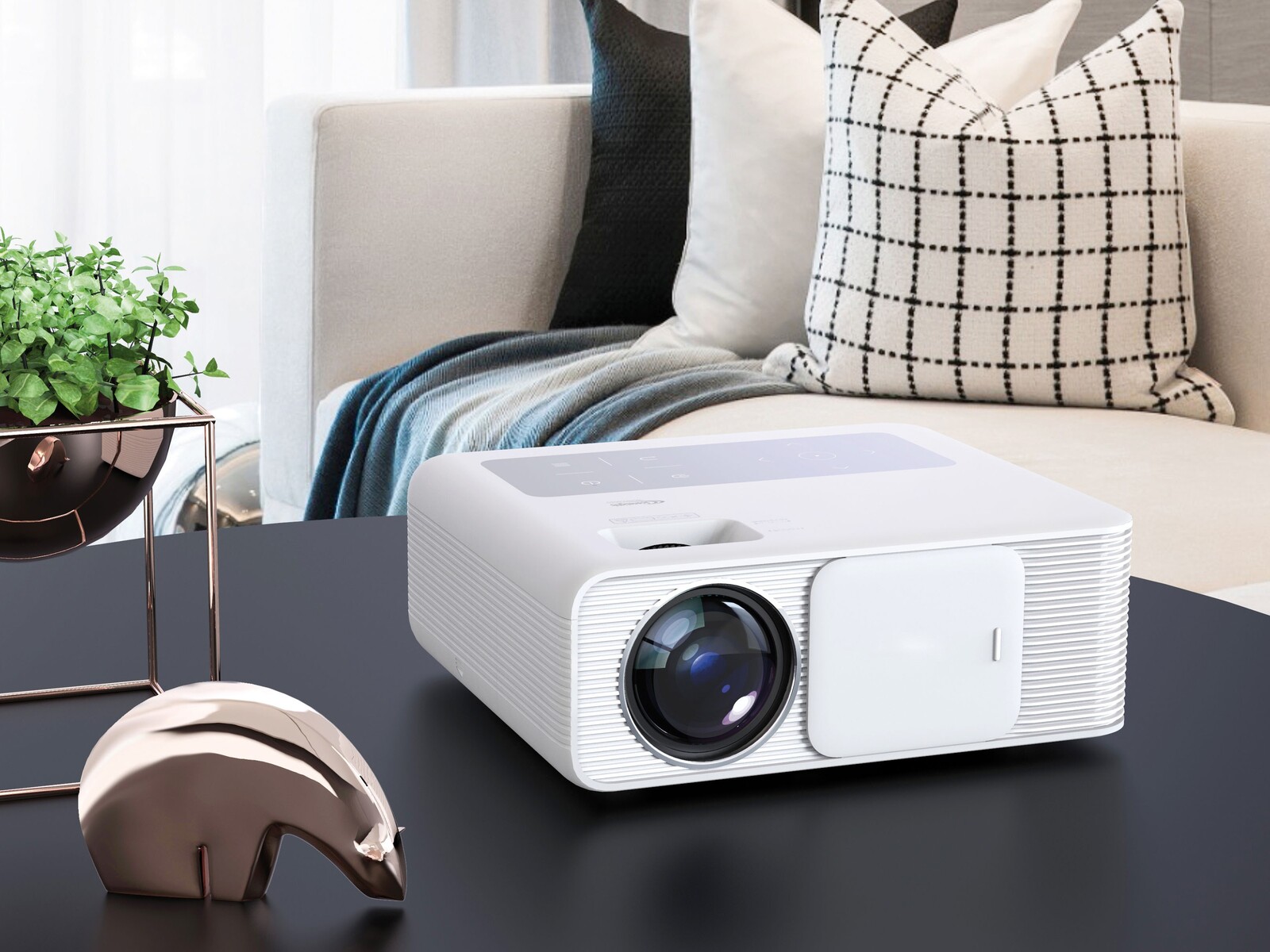
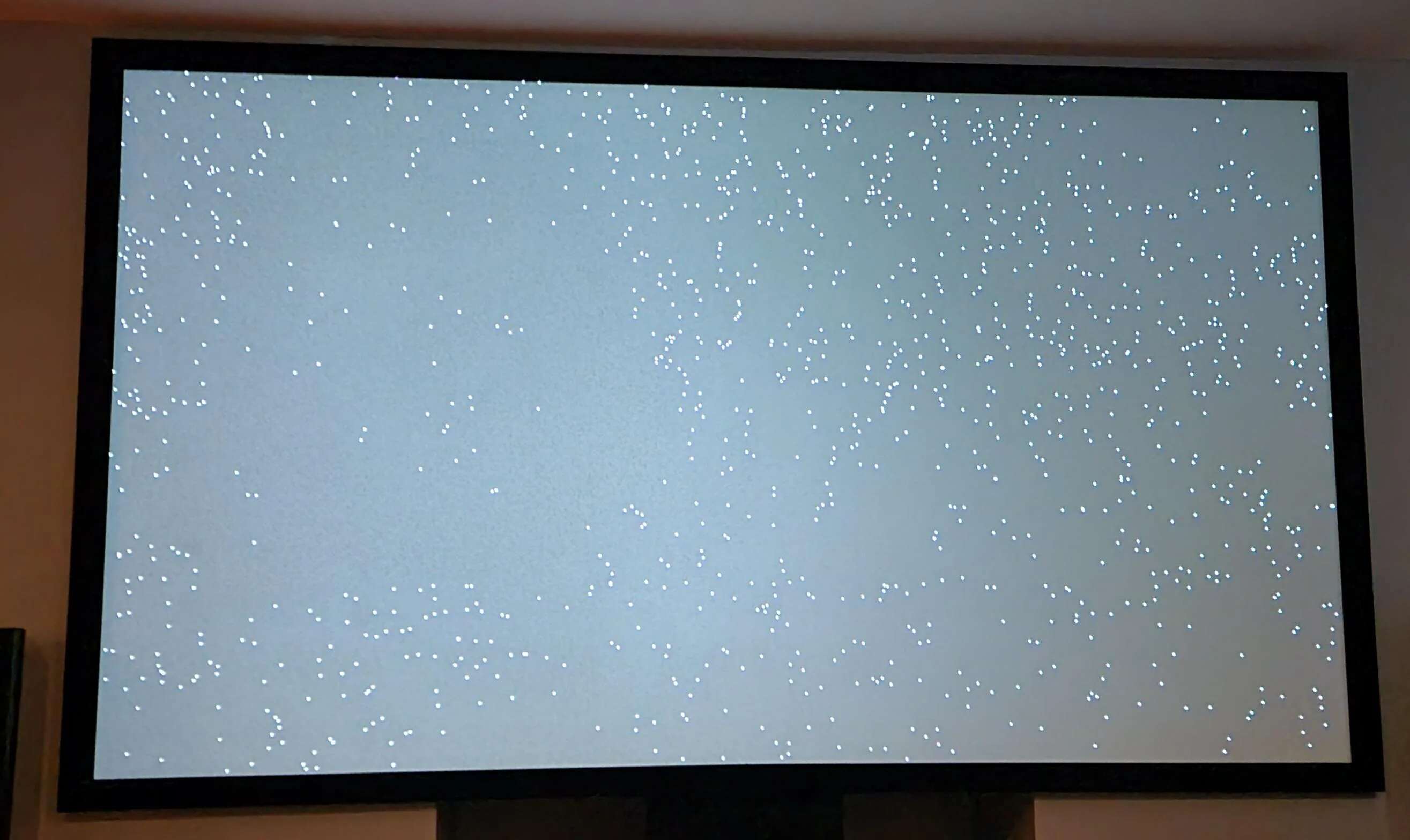

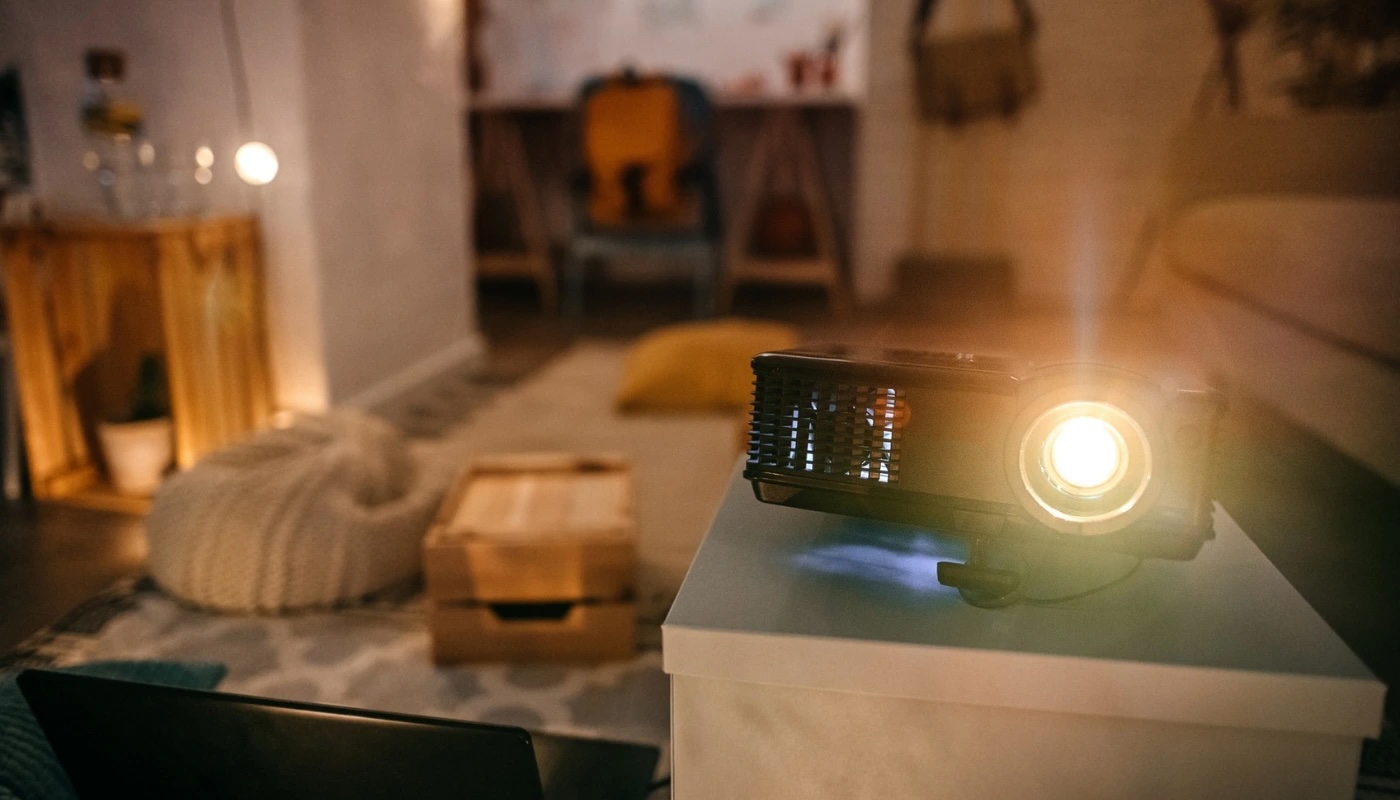
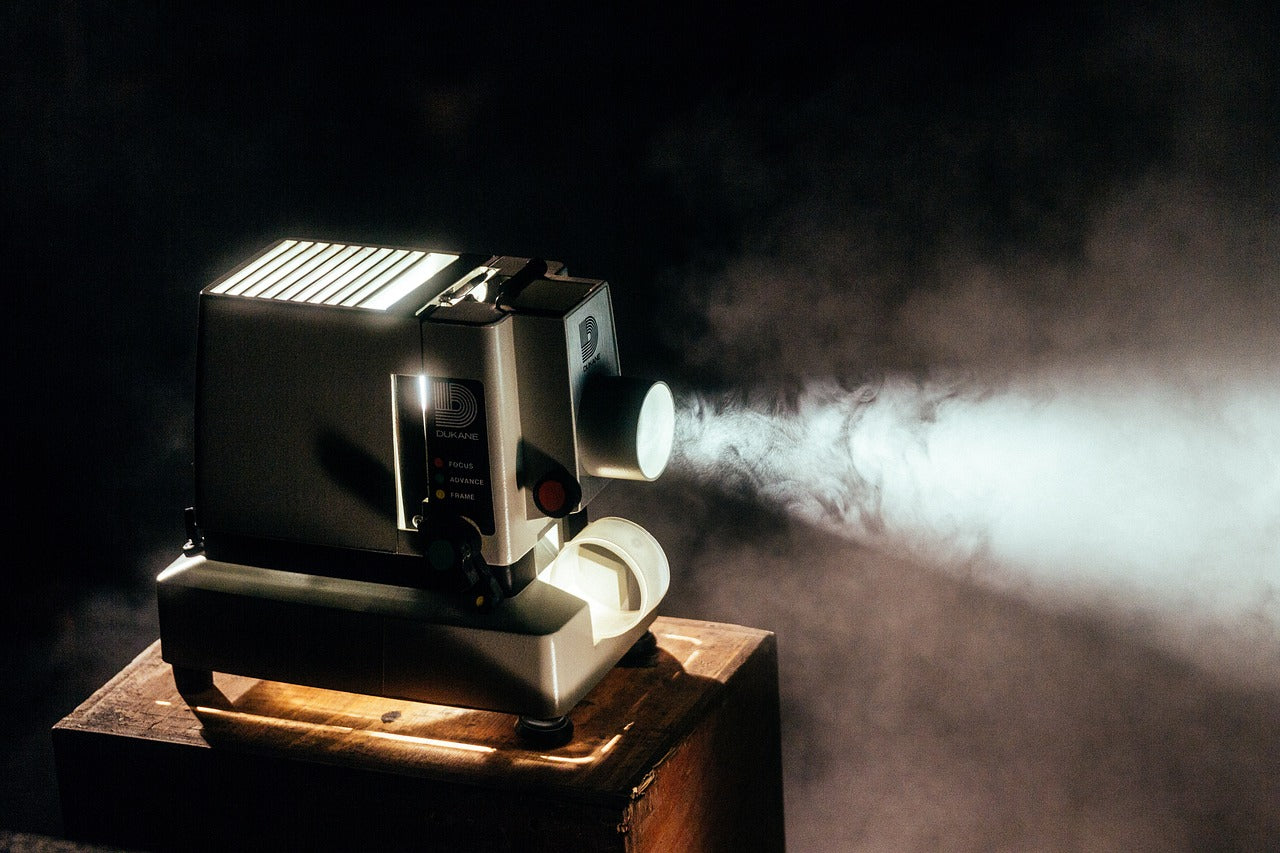
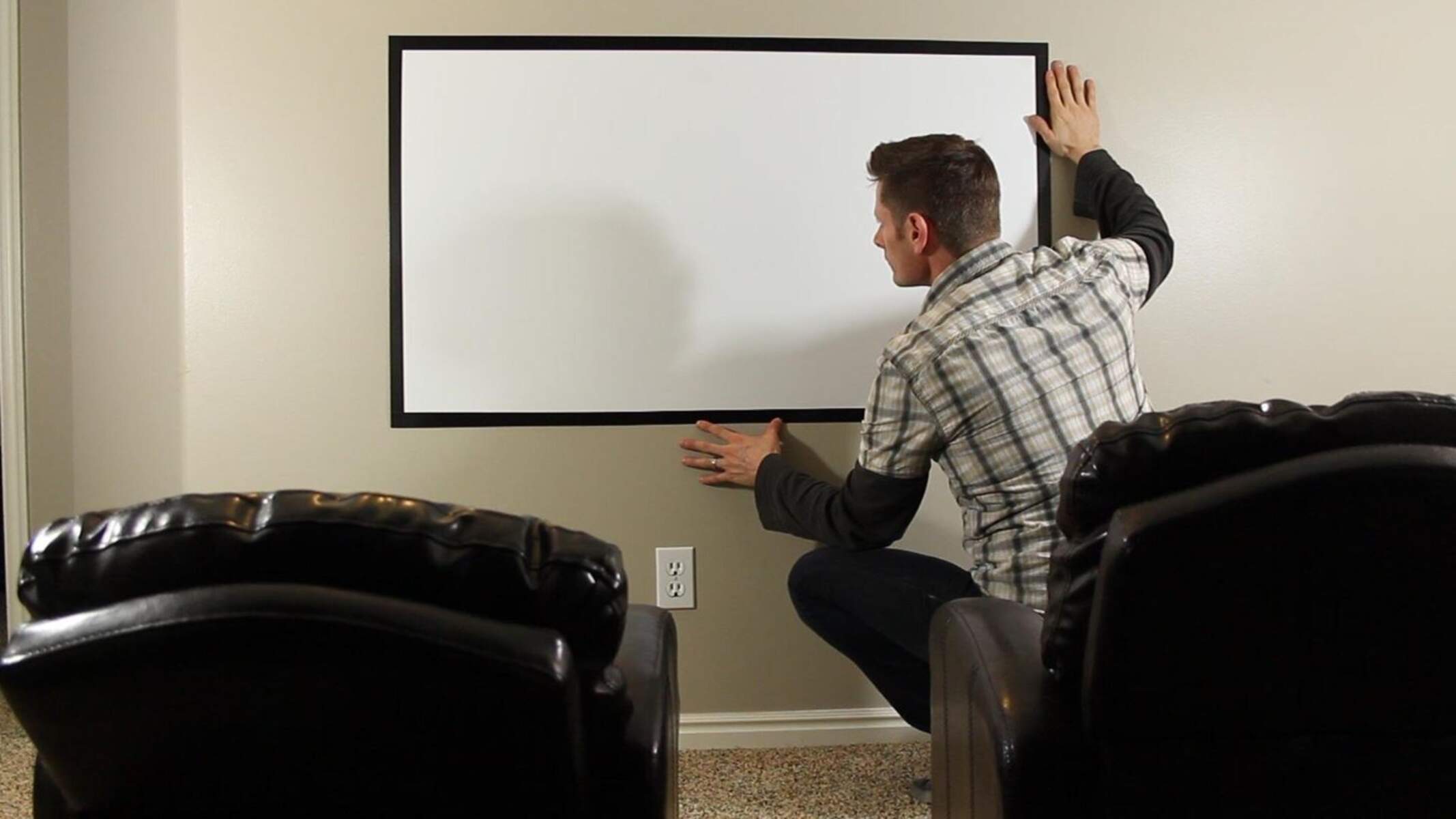

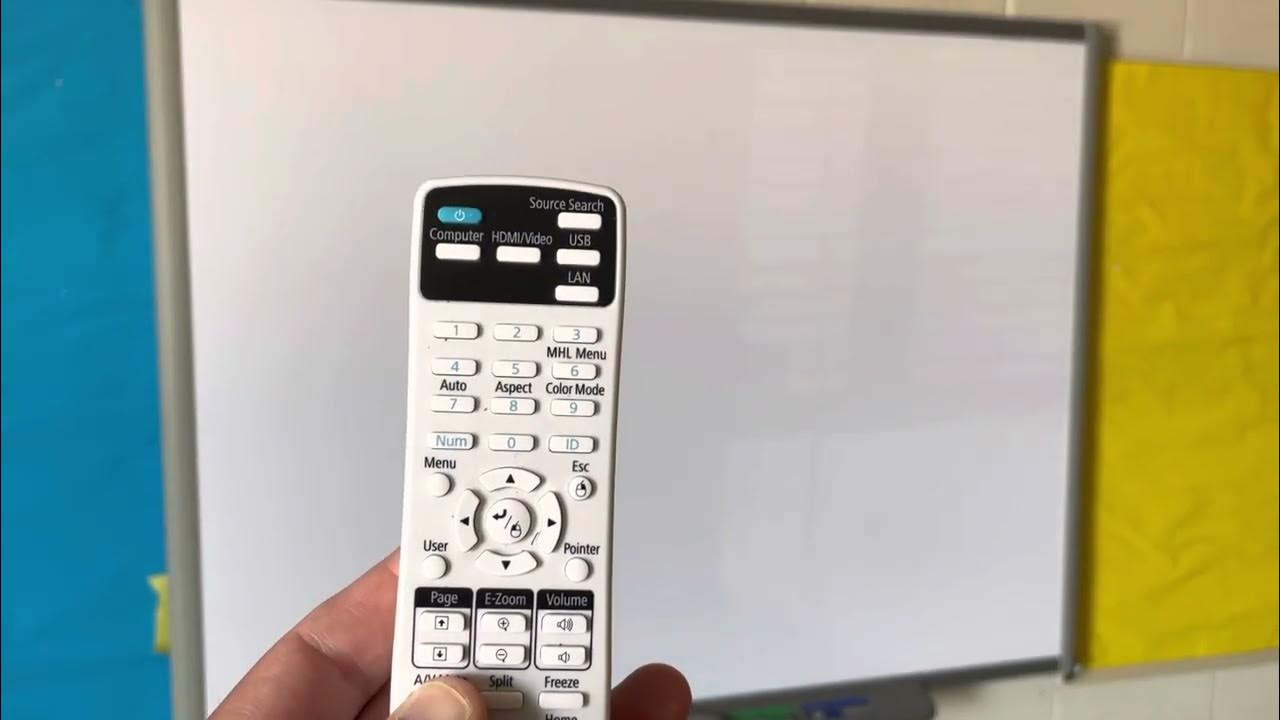



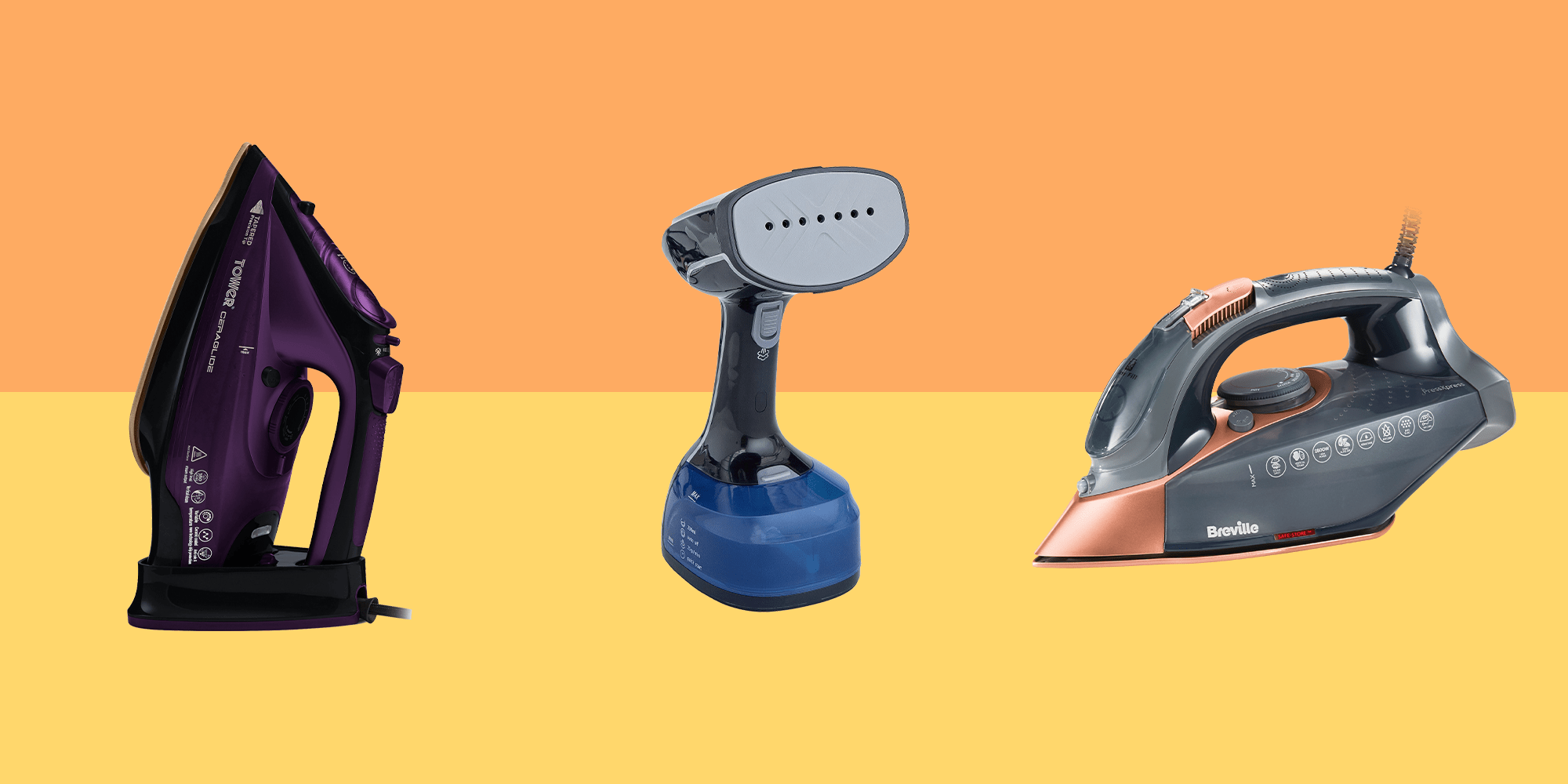
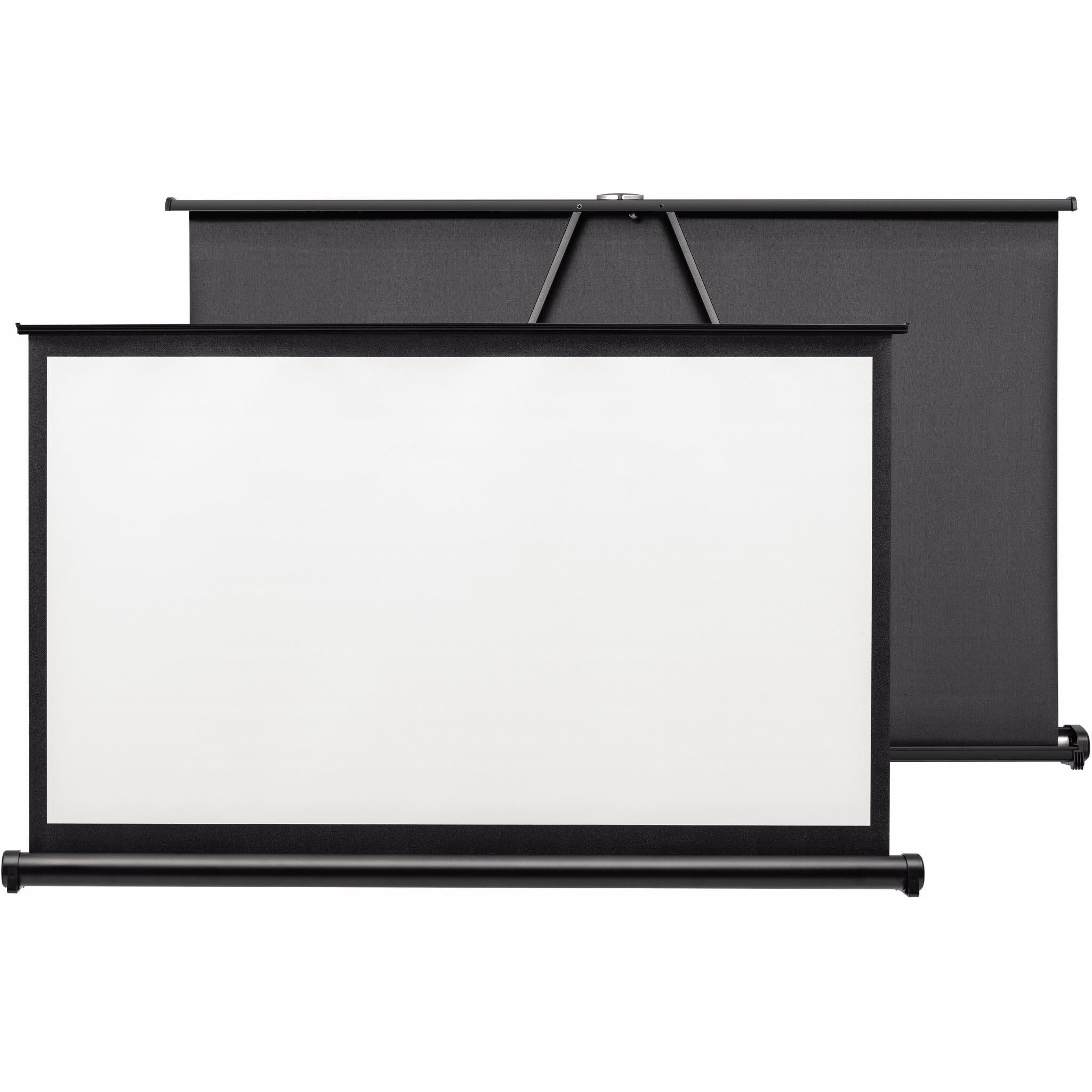
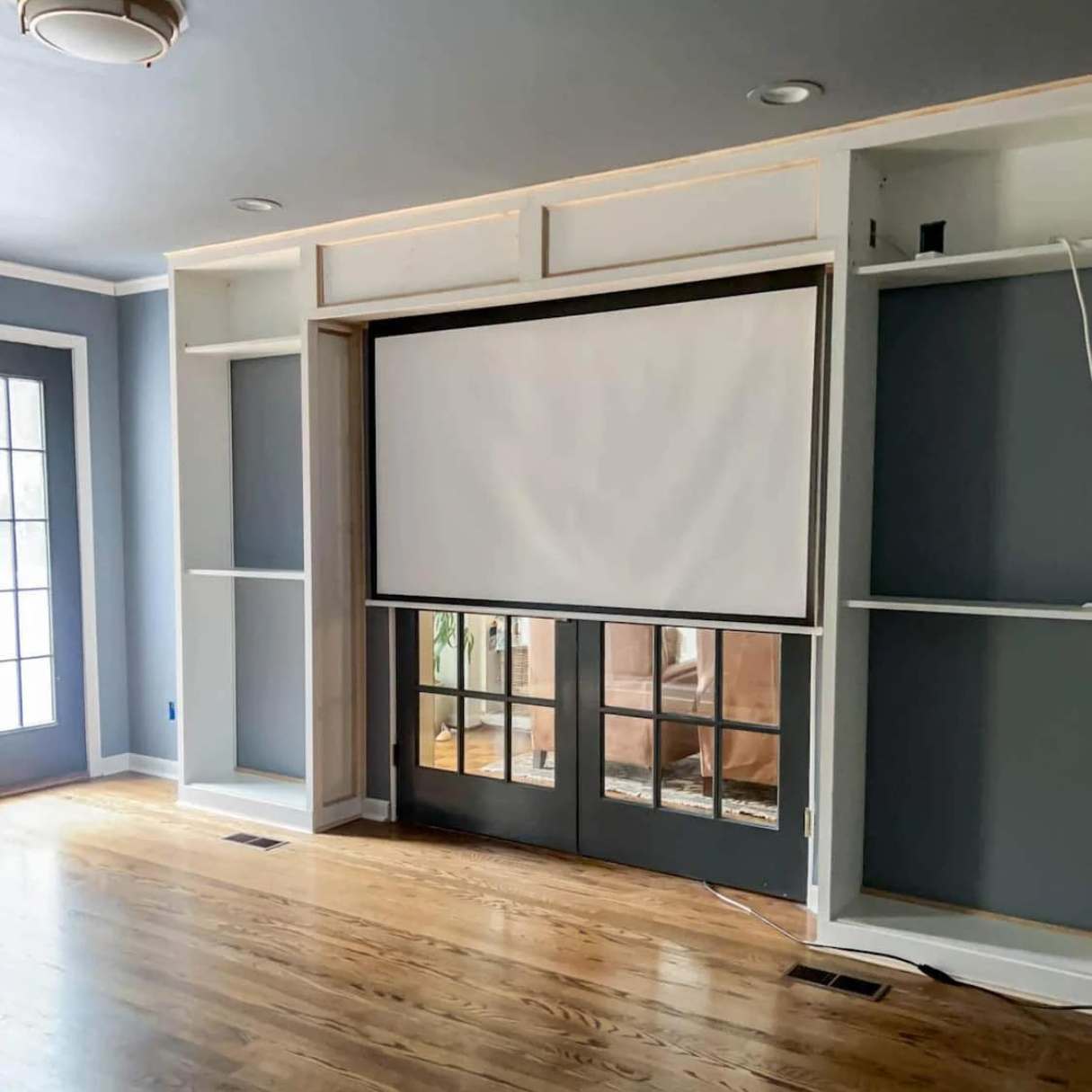

0 thoughts on “Which Is Better: Black Or White Projector Screen”